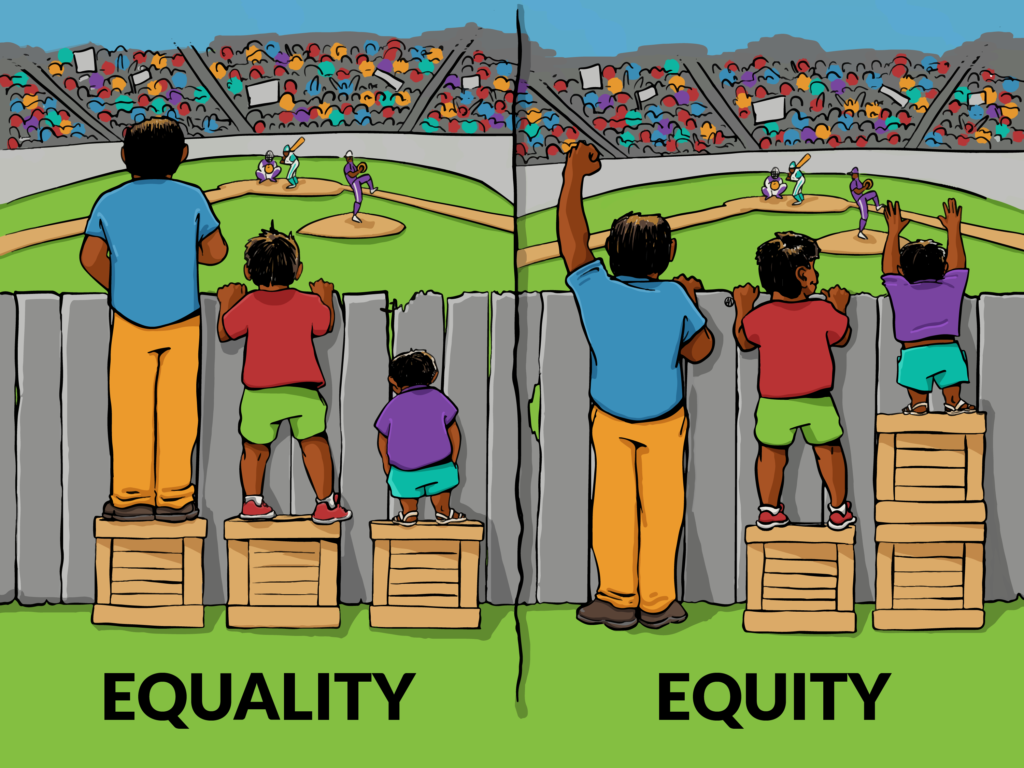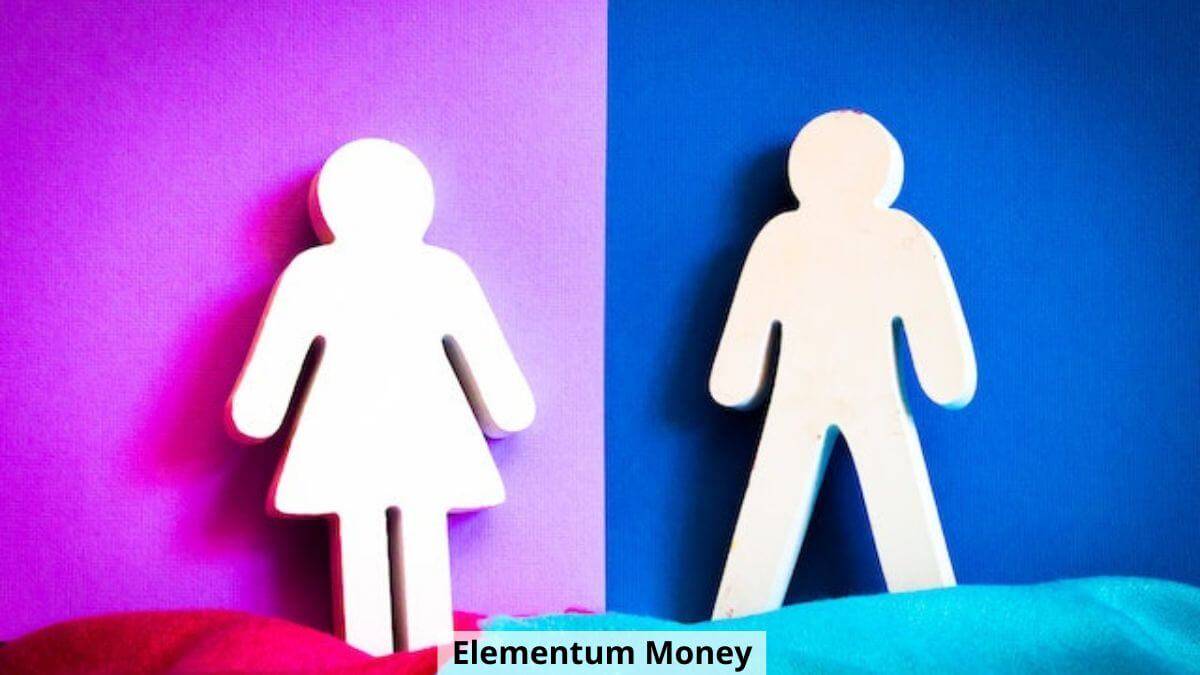And we have arrived, at yet another women’s day. Even though I start all my posts with disdain about the occasion, it is one whose siren call the writer in me has not been able to resist in the past few years. You can check out the previous posts for 2018, 2019, 2020, 2021 and 2022 here.
My earliest female influences in life, were of course my mother and my sister. Even when it comes to education, women ruled the roost. Currently, I am a part of multiple all-women communities, be it that of my graduation college, a women’s investing network or a women focussed RIA group. However, even being a part of this ecosystem I often wondered do we really need to keep harping about getting women at par. Or can we do it more quietly by just elevating the women in terms of skills, confidence and even mindset to reach at par with men.
However my opinion in this case is getting swayed to the other side, gradually but surely. Thanks to a panel discussion where I was a part of the organising team, I have had quite a few discussions with impactful women. These wonderful ladies make it a point to keep doing their bit in talking and even acting in the interest of gender parity. Which has made me rethink my stance.
I recently became mother to a girl, which makes how I view feminism even more important. When you think of it, we have surely come a long way but it is still at the surface level. So, to commemorate this women’s day here are five reasons to continue talking and acting towards gender parity, which is really a less contentious way of referring to feminism.
1. Centuries of and ongoing discrimination
Even as I might be among the luckier ones who has either not faced or is oblivious to implied discrimination, it does not change facts. Women have faced centuries of discrimination. Going way back to the historical ages, women were mostly treated as horse trading chess pieces for political marriages. This was in the privileged, royal families. If Manu Smriti is to be believed, it was no better for the common women.
Even in the modern era, very few things have come easy. Women have had to fight for almost all basic rights – right to vote, right to have a credit card, right to keep the maiden name or even right to wear jeans.
Today, things are still unequal in a lot of domains. In a recent article, Nobel-laureate Abhijit Banerjee talks about data showing a clear preference for the male child in something as basic as protein intake.
Jayachandran and Pande argue that a lot of the problem comes down to the resolute preference for the oldest male child among Hindu families (the gap between the first-born boy and the rest is substantially smaller among Indian Muslims). We apparently lavish all our resources and attention on that lucky boy, letting the others fend for themselves. He does benefit but what the rest lose is tragically larger.
-Sing is king: A nutty way to solve India’s protein problem, Abhijit Banerjee (Sunday Times, 5th March 2023)
While in this case unequal treatment is limited to the eldest male child, I have myself seen preference for male children over female in my extended family continue to this day.
Instead of going on about this point, just the fact that women do not have control over their own body in the world’s most powerful country says everything. Yes, I am talking about the recently repealed right to abortion.
When it comes to reversing discrimination, I understood a wonderful difference between equity and equality recently. Equality refers to everyone on the same footing. With equity you realise the inherent gaps, fill them up to make sure everyone can thrive on the same footing. Below is one of the most common images used to illustrate the concept.

This does not translate to measures like mindless reservations. Rather, this shows the need to make conscious tiny adjustments to get both genders on the same footing.
2. Biological disparity
As puberty hits, the path for men and women starts diverging. While most women don’t think much of period pain, it is unbearable for many. More importantly, with child bearing and rearing there are some things undeniably only women can do.
A few days back, my husband asked why do people keep talking about how early motherhood is so challenging, with no mention of new fathers. After a beat, the response was easy – being a present father is a choice applauded by society while being a mother and being always on is a mandate. So much so that when I stepped out for 2.5 hours to attend a conference leaving a five week baby in my husband’s care the difference became obvious. Five women including a close friend said what a supportive partner I have (which I absolutely do). But, when the tables are turned with him stepping out, it is treated as a matter of fact event for obvious reasons.
As women choose to have children later, more of them will have to embark on the path of fertility treatments, too. From personal experience I can tell you it takes a physical and emotional toll that even the more creative men cannot imagine.
The reason this biological disparity matters is that women’s career trajectories can often be curvy rather than the stereotypical straitjacketed path men end up with. Many women embrace motherhood at the cost of taking a career break. Or there could be a career break to take care of any other family member needing medical attention. Those who want to come back either don’t have the confidence to resume the rat race or are rejected. It takes a lot of courage and perseverance but some manage to do it beautifully.
As for the numbers in terms of female labour force participation in India, the controversies surrounding it take away from the essence of it. Some say there is an increase (especially in rural India) while others say it’s dropping. Same say it does not take into account informal employment while others point the finger to patriarchy. Bottom line remains that we as a country will immensely benefit from increasing female workforce participation in absolute terms. Women bring a lot more to the workplace than just a gender count.
3. It is good for society
Continuing the thread from above, treating women at par with men will elevate society on the whole. Melinda Gates does a wonderful job in her book “Moment of Lift” to show how much of a difference it makes at a grassroot level.
If you want to lift up humanity, empower women. It is the most comprehensive, pervasive, high-leverage investment you can make in human beings.
– The Moment of Lift, Melinda Gates
As they say, if more women were in the political or diplomatic domain there may not be too many wars but countries will give each other the silent treatment. Although it’s a joke playing up gender stereotypes, there is a grain of truth to it. There are fewer female Donald Trumps and more Angela Merkels or Jacinda Ardern.
4. More men are yet to get into action
Gender parity cannot happen without men acting as allies. There is a saying that the onus of inclusion lies on those already included rather than the ones facing exclusion. While I forget the source, I totally agree with the essence of the statement.
I have been lucky to have come across the most encouraging and empowering men, starting with my father who laid the foundation. But men, in all possible roles be it as fathers, husbands, brothers, friends or co-workers need to understand the urgent need for this. If it means stepping up to do things not seen in the previous generation, then do it. If it sometimes means even pushing the women in your life to do more than they think they can, definitely do it.
As more men start believing in the power of women and consciously acting on it, the world will start seeing the difference gender inclusive growth makes.
5. It is easy to revert to past status
When you stop talking about something, an easy assumption to make is that all is hunky dory. As I said in the beginning, many strides have been made to make the lives of some women much easier than what our previous generations had. But, a lot more needs to be done.
It’s like climate change. Finally many more people than just Greta Thunberg are talking about it and trying to do their bit. The world is aware of how the work cannot stop on that front. With gender parity too, if we don’t keep talking about it or trying to get more people to act on it, all progress could just as well be reversed.
So yes, I retain my opinion that just celebrating one day is not enough. Especially when it gets out shouted by horrid brand campaigns suddenly clamouring to show they are women-friendly. But, hopefully it continues to spark conversations that lead to more, so much more.
Do you think gender parity, talking about it and striving for it is important? Why so? Let me know in the comments below.





Leave a Reply